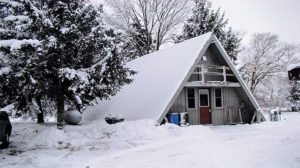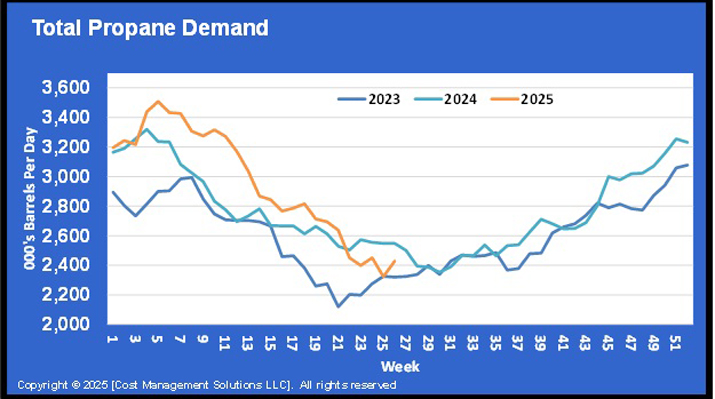Winter brings unique challenges to propane marketers
Winter is here early. In Wisconsin, which I call home, we have had several days of snow. The busy season for propane marketers has begun in earnest. Perhaps this will be one of those good heating seasons.

Letting customers know your limits regarding heating in unoccupied homes helps prevent problems for them and protects you in the event of a claim. Photo: MaryCory H/iStock / Getty Images Plus/Getty Images
As the industry works to manage the increased delivery demands of customers, it is important to learn from past mistakes.
Many customers own seasonal homes that are used periodically, whether it’s a hunting cabin, lake house or getaway home. These homes commonly don’t run heating appliances on a continuous basis, so appliances are being relit after a prolonged absence.
As long as customers follow the appliance manufacturer’s lighting instructions, there should be no issues that raise concern.
But I see cases where homeowners have issues lighting appliances in these types of residences, and they call their local propane suppliers for help. Advice is given, often by a customer service representative and on occasion by a serviceman who happens to be within earshot of the customer call.
I cannot say it strongly enough: This is a bad practice. It should be prohibited in your company in a written policy. Under no circumstances should any of your employees give advice to a customer over the phone on how to light an appliance that he or she is having difficulty lighting. If you do receive a call like this, it is important to decline the offer to help the customer troubleshoot the problem. And the employee needs to put that declination in writing.
I recommend the employee create an email of that declination, as it will have a date and time marker. This can rebut a claim of recent fabrication in the event an incident involves a release of gas at the customer location.
Your employee should offer to send a serviceperson to the home to fix the customer’s problem. This offer should also be recorded as noted above. The email I reference could go to the customer if you have the email address. It could also go into the customer file.
Another issue that can create claims in seasonal homes: frozen pipes from running out of gas or sometimes a failure of the boiler or furnace at a home that is periodically unoccupied. Degree-day calculations can help ensure a tank does not run out of fuel but are worthless in addressing a failed appliance in an unoccupied structure.
It is recommended that you take steps to let customers know that during the heating season you have no ability to prevent a frozen pipe in the event of an appliance failing while they are away from their home. Suggest the customer have a caretaker visit the home on a regular basis to make sure the heating system is working and, if not, to call a service company to make immediate repairs.
Technology is also available that allows a homeowner to monitor the home heating system. If the inside temperature falls below a set point, the customer can call a serviceperson to fix the problem immediately.
The industry seeks to keep customers safe and warm. Letting customers know your limits regarding heating in unoccupied homes and what they can do to prevent a problem will endear you to them. You are trying the best you can to prevent a problem in their gas system before it happens. It will also be valuable evidence in the event of a frozen pipe claim.
John V. McCoy is with McCoy, Leavitt, Laskey LLC. His firm represents industry members nationally.
















